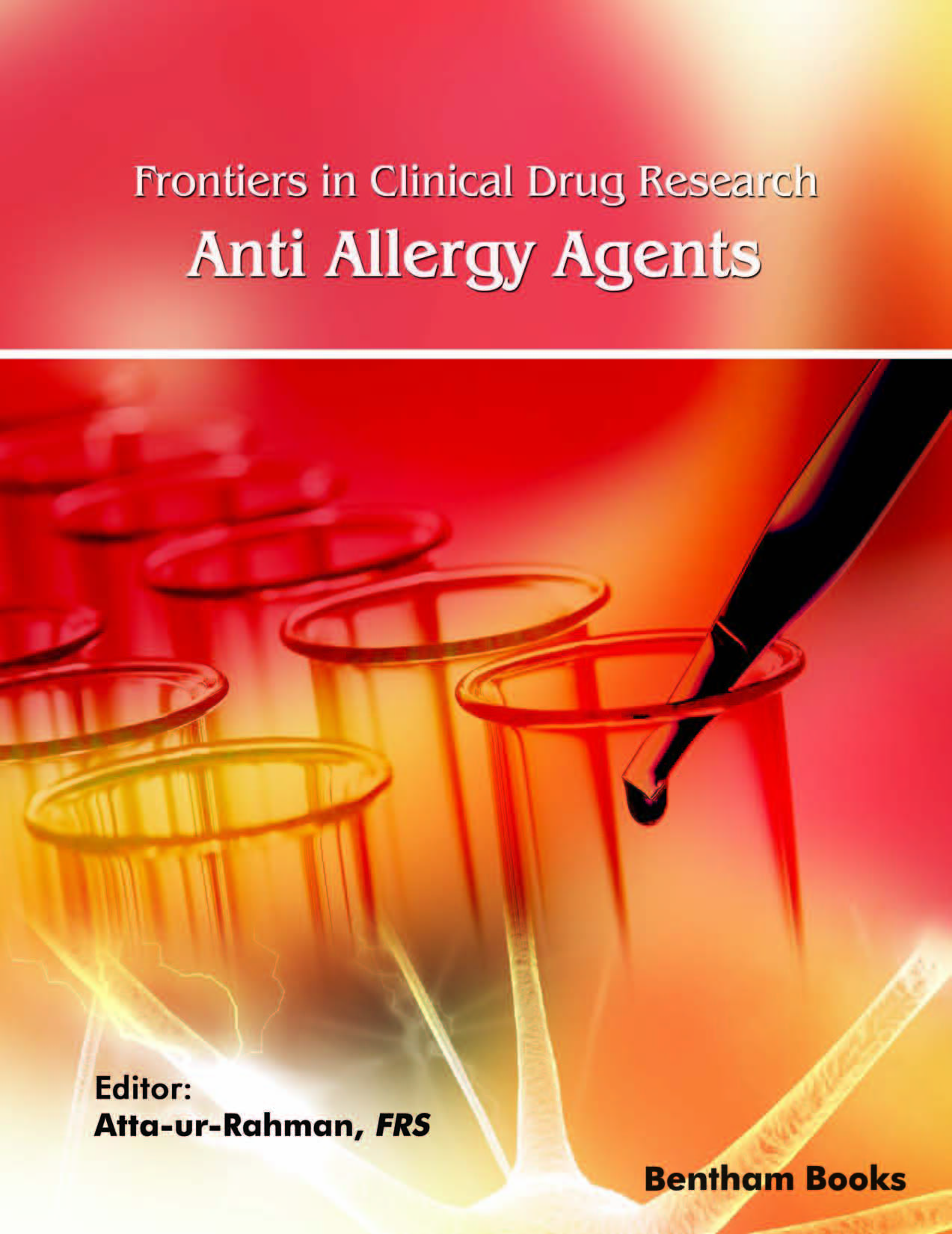Introduction
Frontiers in Clinical Drug Research - Anti-Allergy Agents
is a book series comprising of a selection of updated review articles relevant to the recent development of pharmacological agents used for the treatment of allergies. The scope of the reviews includes clinical trials of anti-inflammatory and anti-allergic drugs, drug delivery strategies used to treat specific allergies (such as inflammation, asthma and dermatological allergies), lifestyle dependent modes of therapies and the immunological or metabolic mechanisms that are of interest to researchers as targets for new drugs.
The fourth volume of this series brings 5 reviews which cover the following topics:
- Anti-inflammatory and Immunomodulatory properties of medicinal plant products
- Helminth therapy: a new tool for treatment of allergic diseases
- An overview of anti-allergic medications in paediatric population
- In-silico approaches in drug discovery and design of anti-allergic agents
- Microbiota and allergy: possible Interventions
Frontiers in Clinical Drug Research - Anti-Allergy Agents
will be of interest to immunologists and drug discovery researchers interested in anti-allergic drug therapy as the series provides relevant cutting edge reviews written by experts in this rapidly expanding field.

